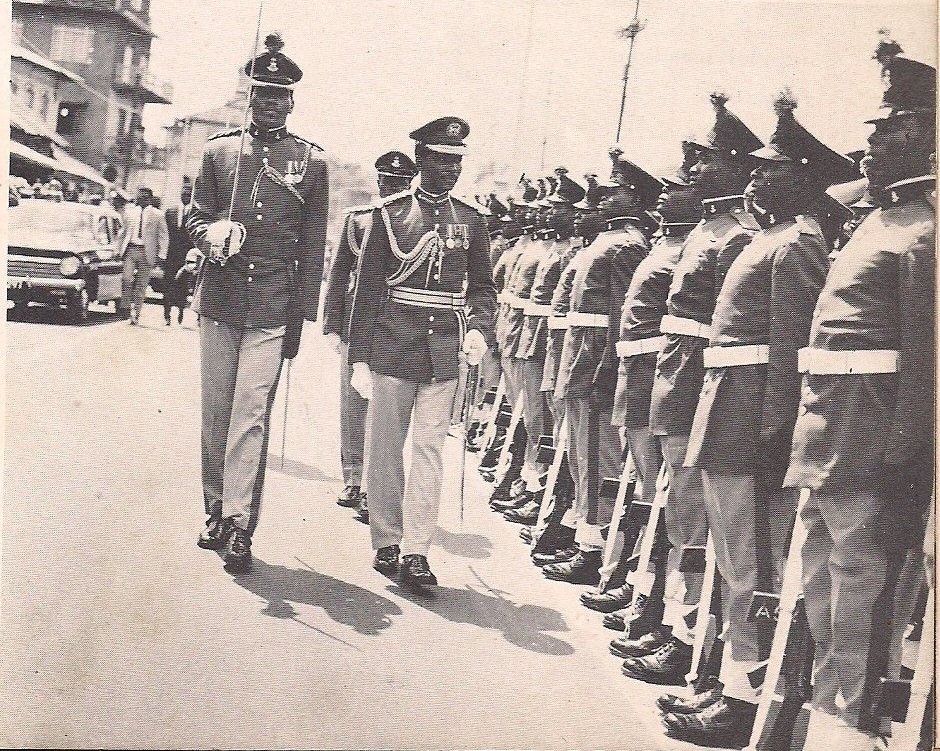Due to a lack of refrigerators in rural areas in Northern Nigeria, Mohammed Bah Abba designed the Pot-in-Pot cooling system in 1995 to help farmers reduce food spoilage and waste. The fridge Pot-in-Pot is known in Arabic as Zeer.
#Thread
#Thread

The fridge is composed of two pots of clay, of the same shape but of different sizes, placing one inside the other. The space between the two containers is filled with sand which is simply humidified with water.
Food is placed inside the pot that is in the interior, covered with a lid or a humid piece of cloth. The Zeer has to stay in a dry and ventilated place. The laws of thermodynamics take care of the rest.
When humidity evaporates from the sand, it dissipates the heat of the internal container, cooling the content inside of it. The only maintenance required is to add water to the sand, twice a day.
Each device can store 12kg of vegetables, keeping them fresh for up to 20 days.
Each device can store 12kg of vegetables, keeping them fresh for up to 20 days.
Abba was able to distribute the Zeer in 11 Northern States in Nigeria. He also promoted it in other countries such as Cameroon, Niger, Chad, and the Democratic Republic of Congo.
Abba's Zeer has also been used as a cooling device in Eritrea, to preserve insulin vials for diabetic patients in remote rural areas, as well as in India, Haiti, and Honduras.
In 2000, Mohammed Bah Abba won the $75,000 ROLEX Awards for Enterprises which he used to make his invention available throughout Nigeria.
Abba died in 2010. He was 46. #HistoryVille
Abba died in 2010. He was 46. #HistoryVille
• • •
Missing some Tweet in this thread? You can try to
force a refresh










